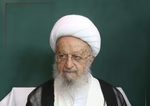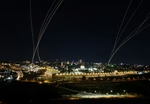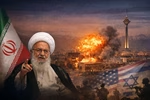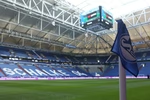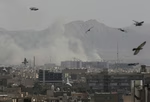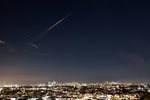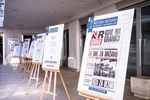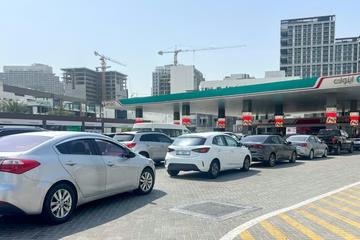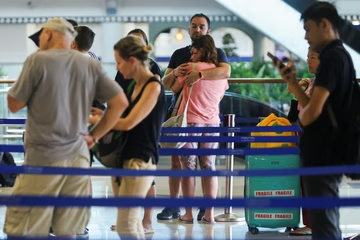Bosnia's Muslims begin their first day of Ramadan
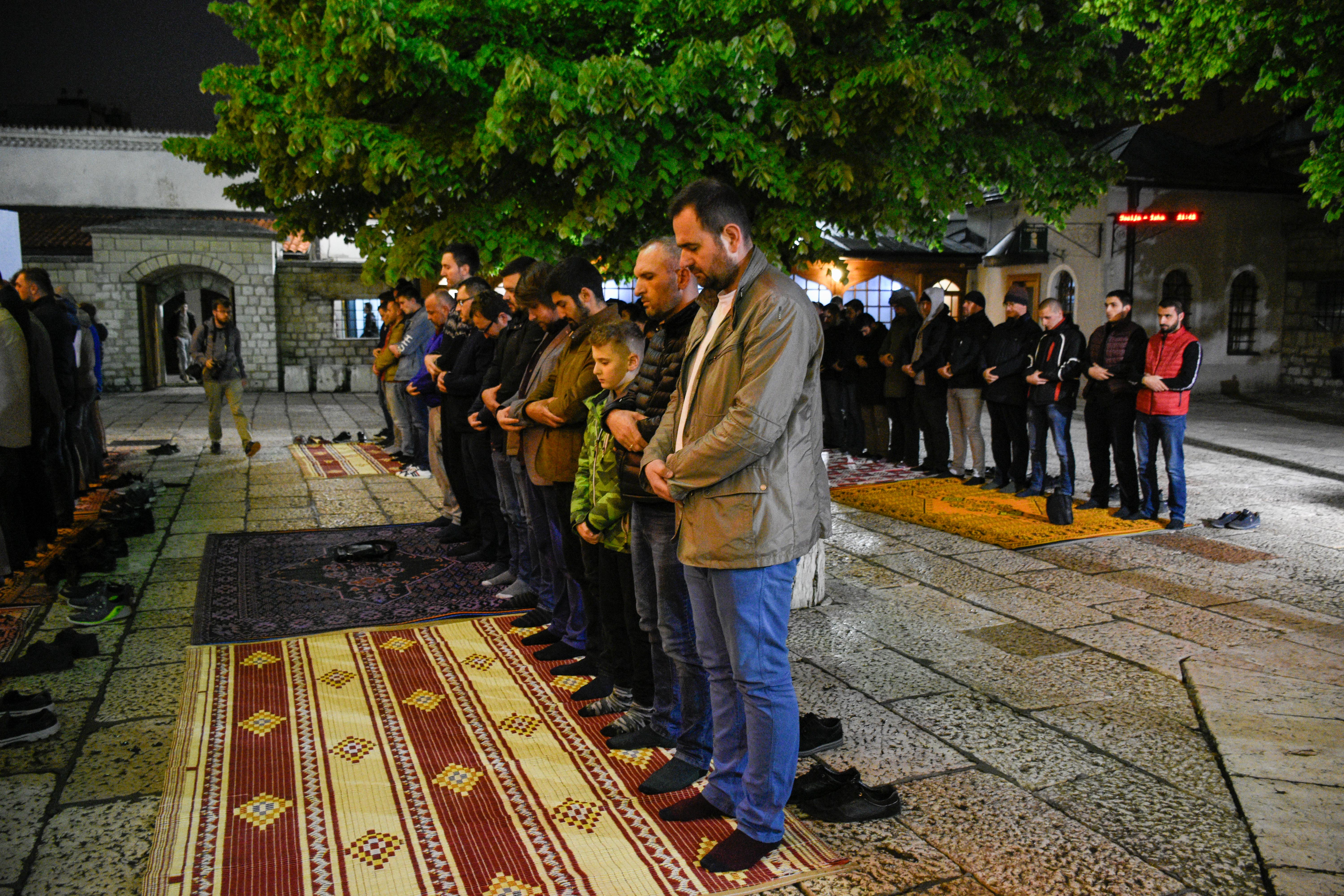
With a loud bang that echoed across the eastern part of Sarajevo at 8 pm on Sunday, Muslims began observing the holy month of Ramadan.
Oglas
It was the traditional firing of the cannon from the city’s Yellow Bastion, a structure overlooking Sarajevo that was built during the Ottoman era. The canon has been announcing the beginning of Ramadan as well as the end of the daily fasting in Sarajevo for centuries.
At the Yellow Bastion, Sarajevo’s Mayor, Abdulah Skaka, opened on Sunday evening the Sarajevo Ramadan Festival, a religious and cultural festival that will take place throughout the month and includes concerts of Islamic music, exhibitions or Islamic art, poetry readings and other activities.
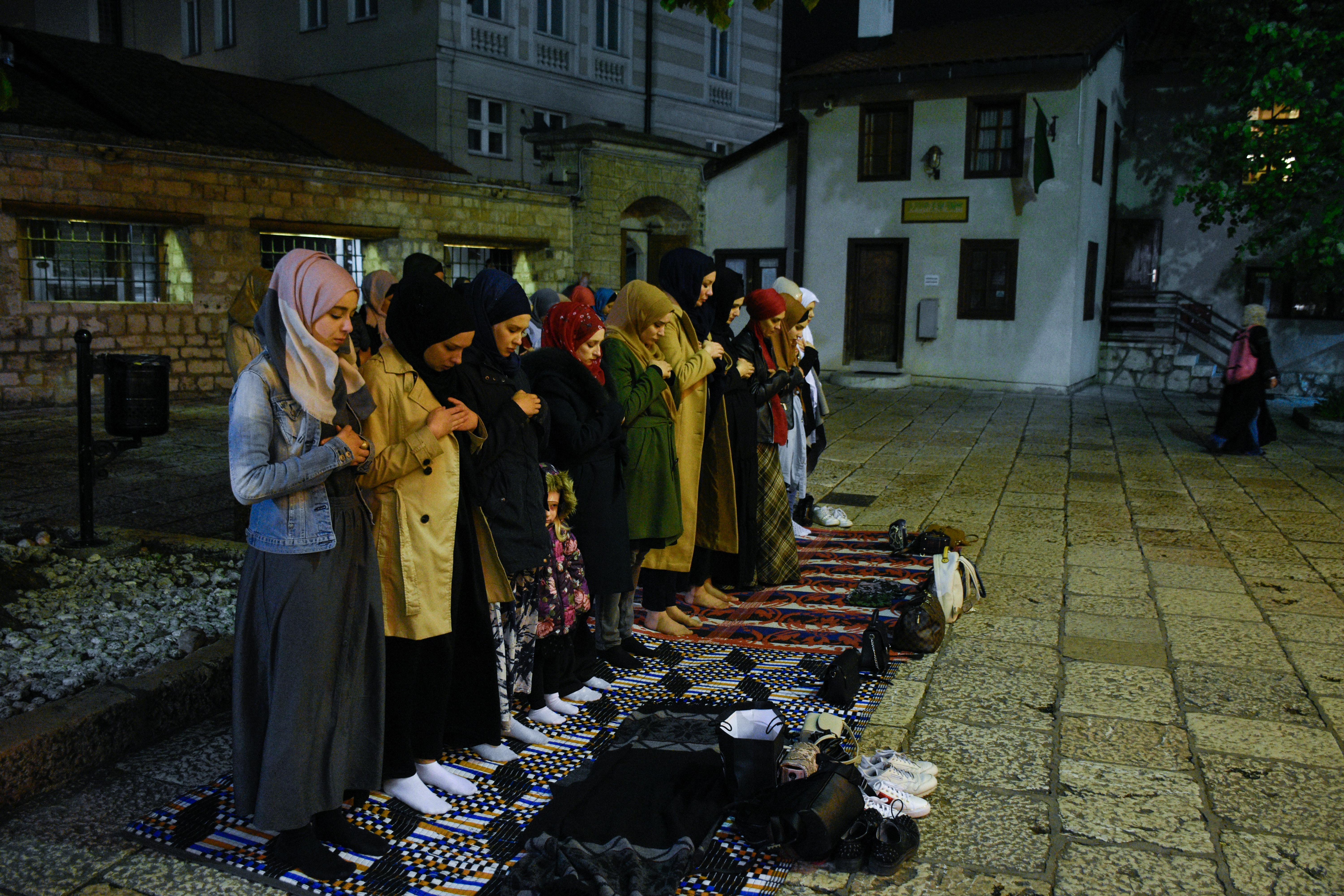
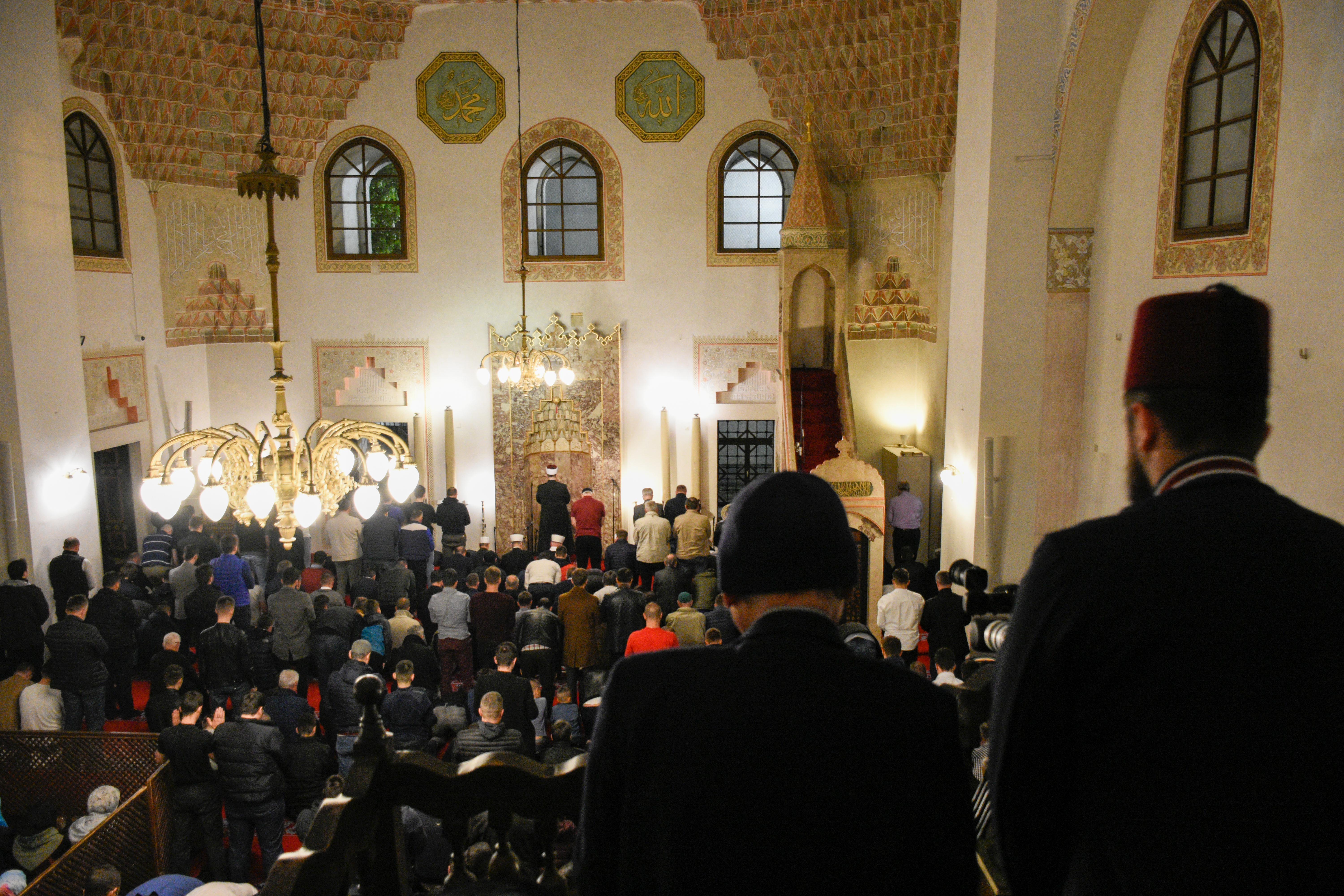
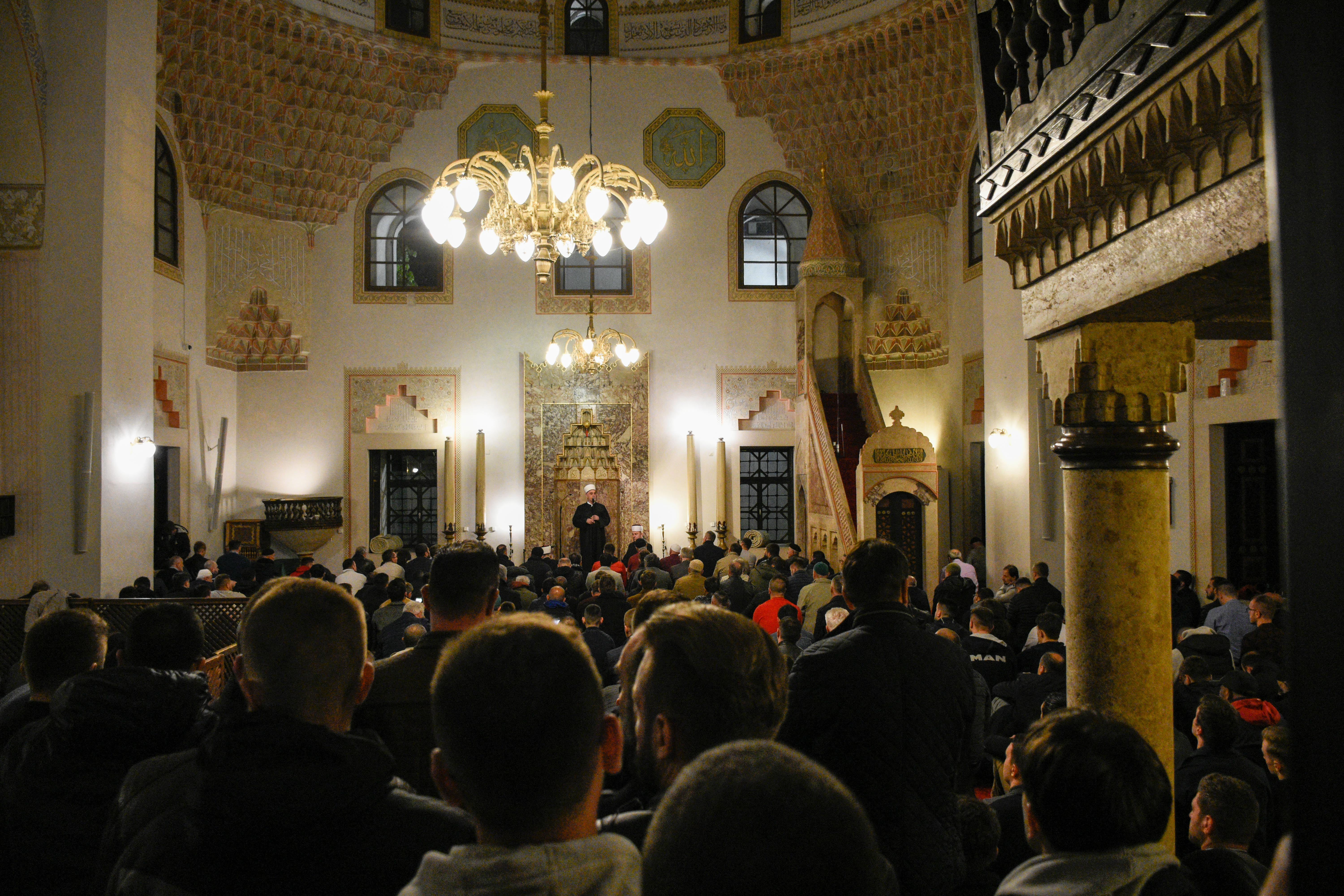

Anadolija (AA) | Anadolija (AA)
Više
Anadolija (AA) | Anadolija (AA)
Više
Anadolija (AA) | Anadolija (AA)
Više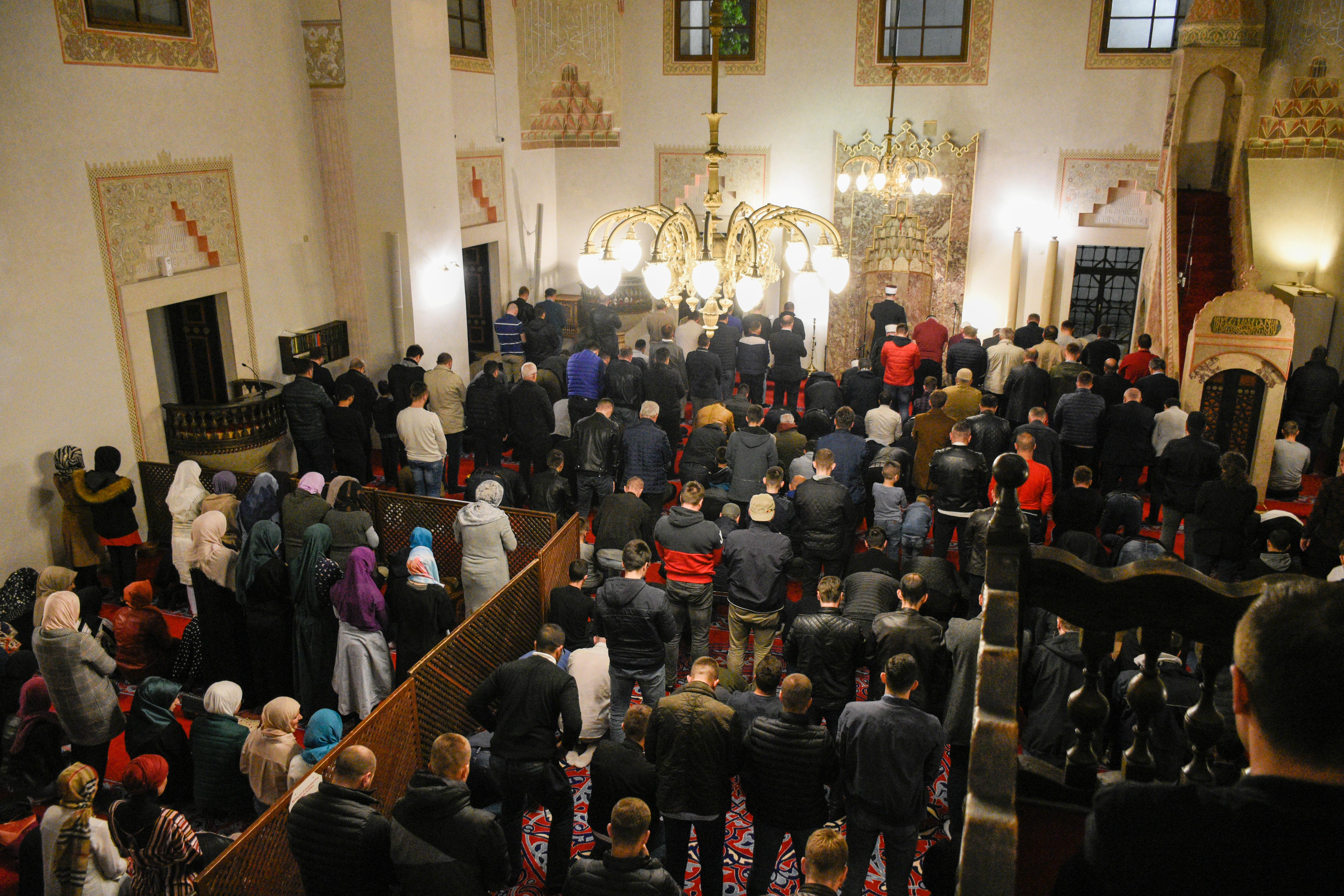
Anadolija (AA) | Anadolija (AA)
Više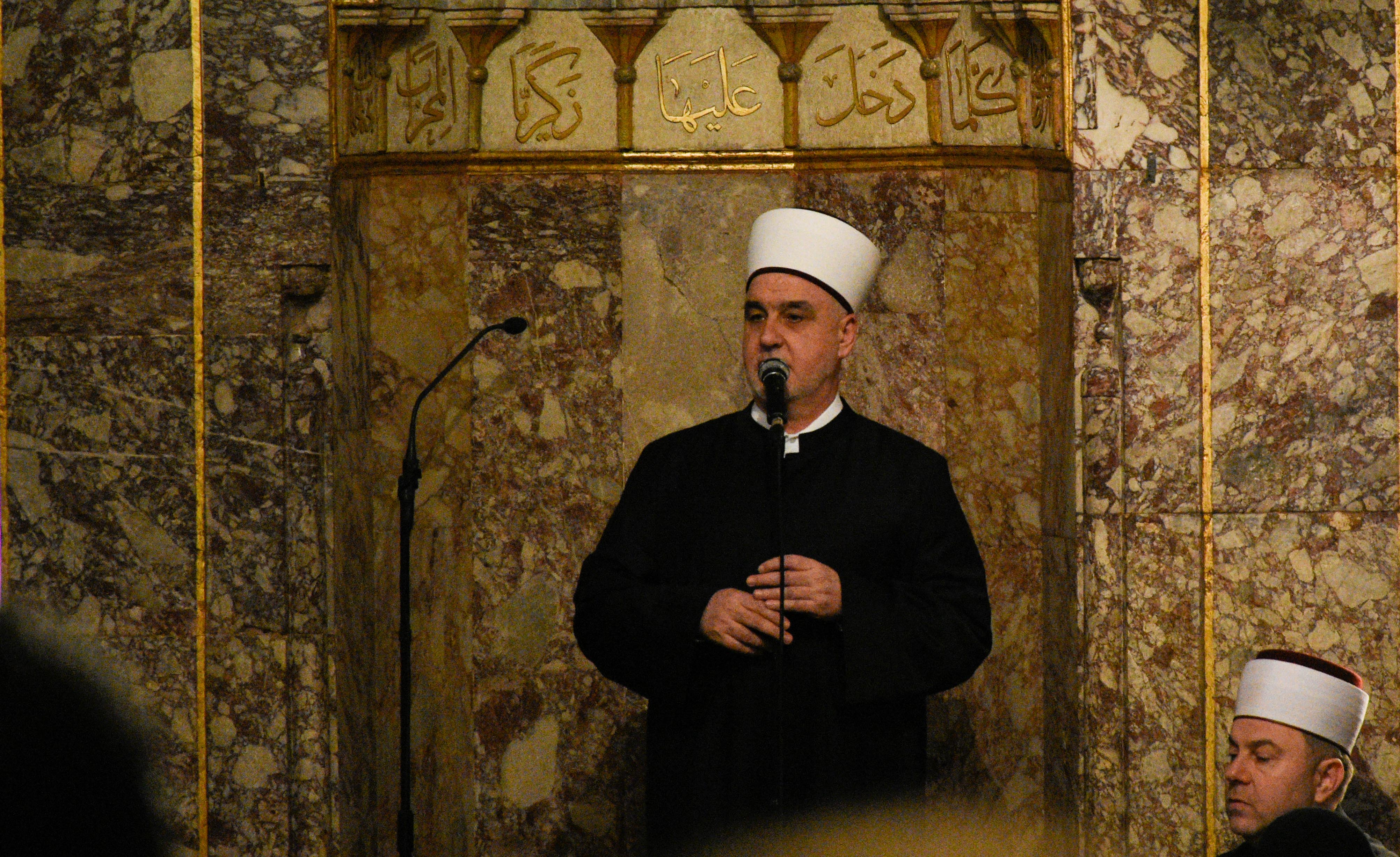
Anadolija (AA) | Anadolija (AA)
Više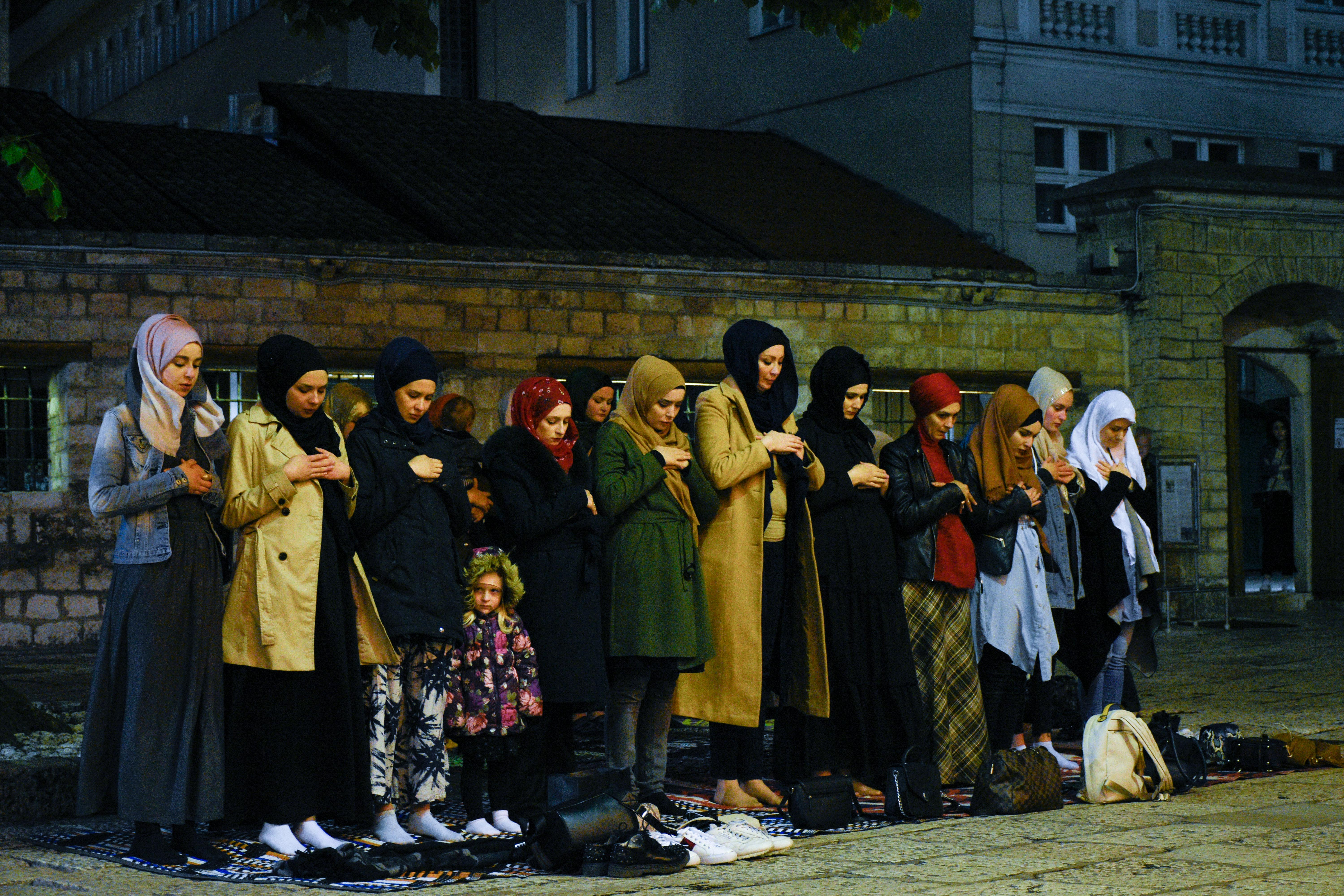
Anadolija (AA) | Anadolija (AA)
Više
Anadolija (AA) | Anadolija (AA)
Više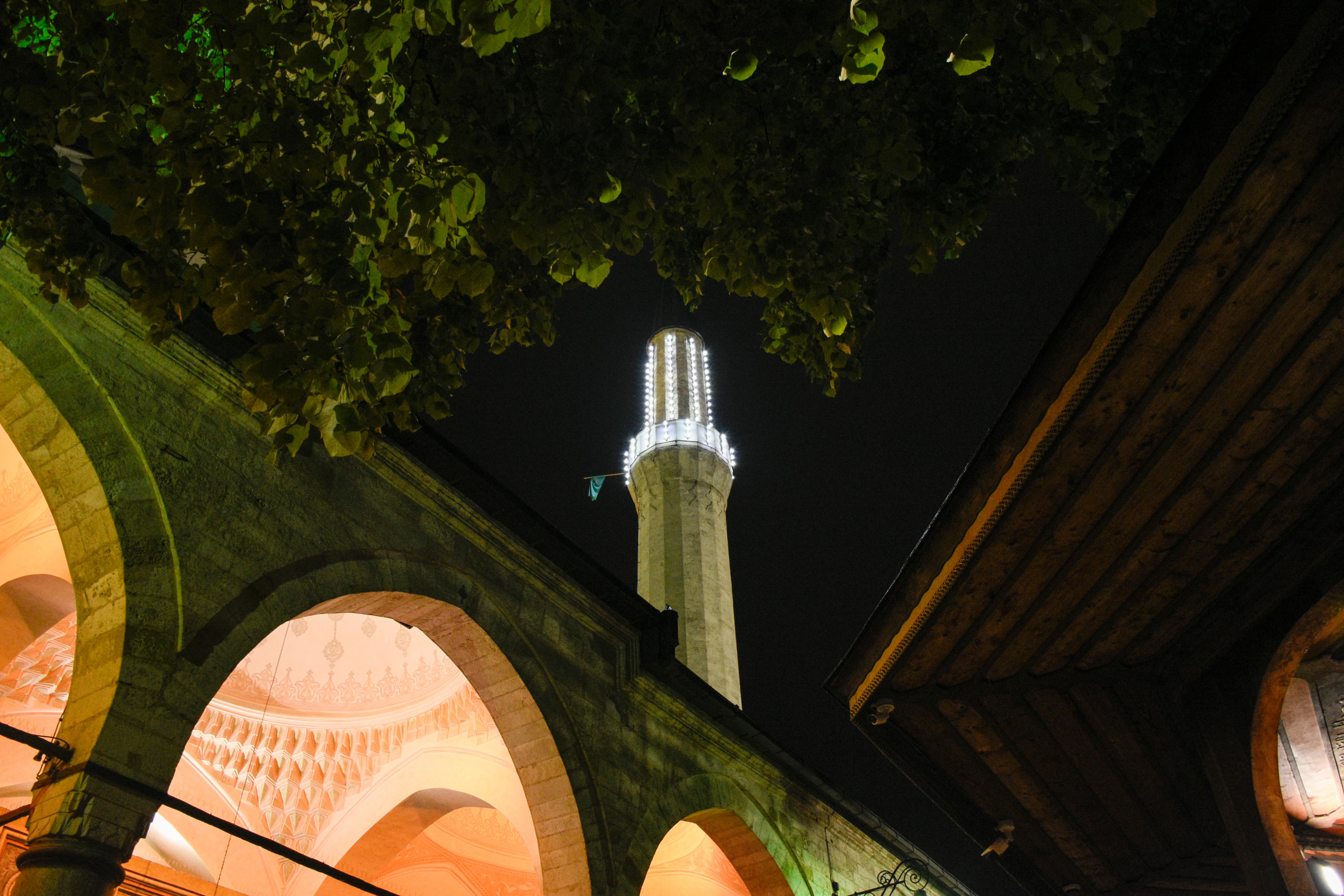
Anadolija (AA) | Anadolija (AA)
Više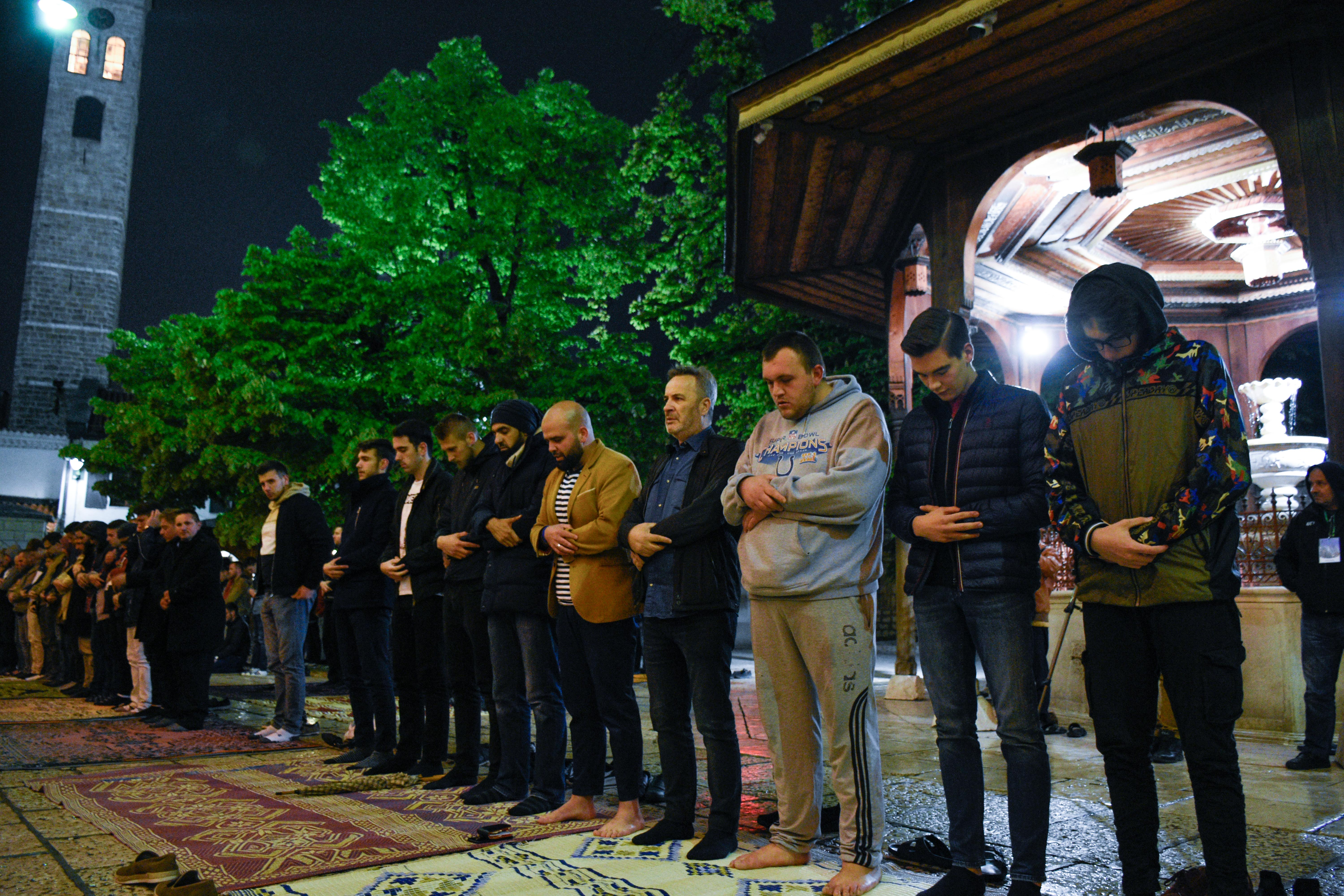
Anadolija (AA) | Anadolija (AA)
Više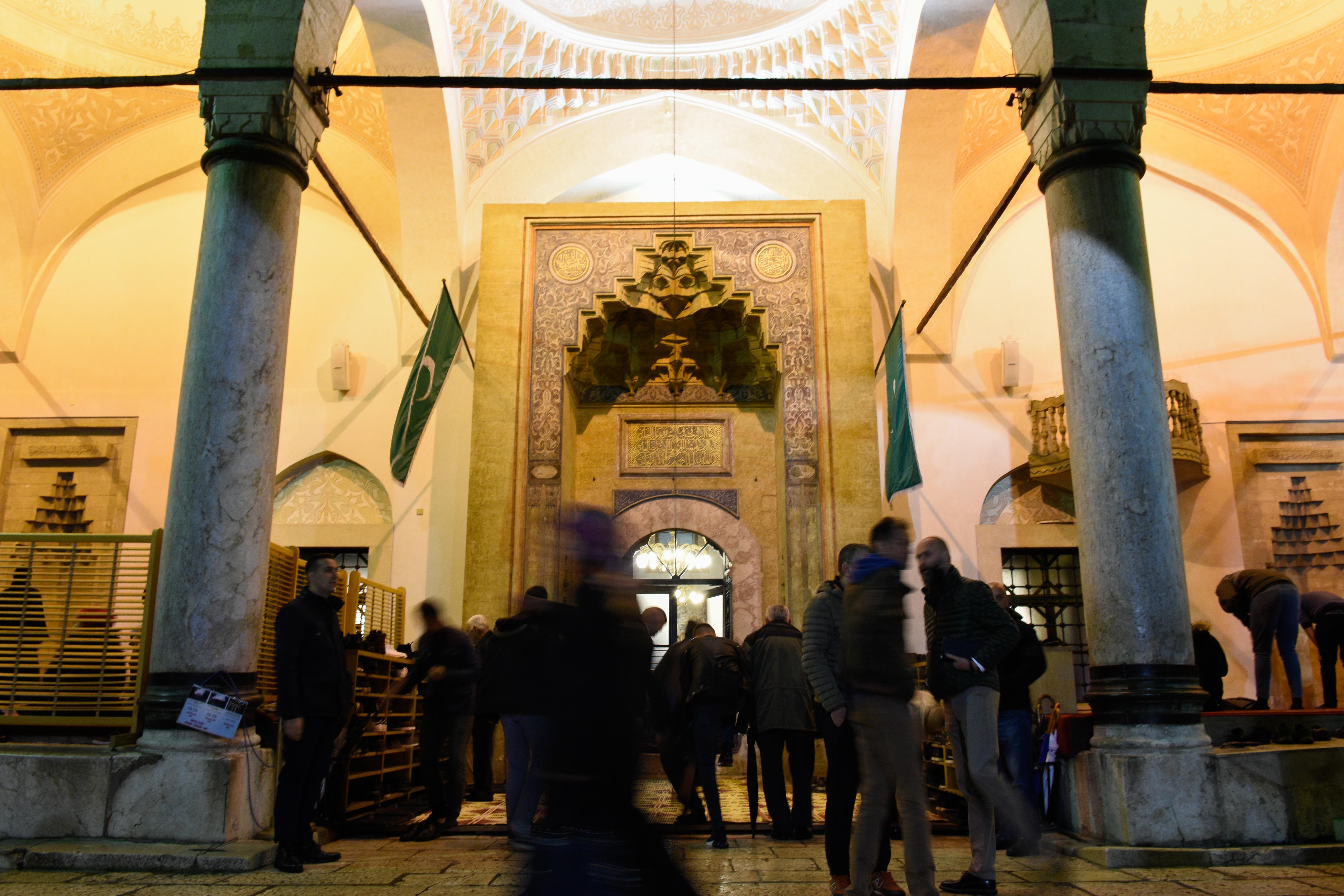
Anadolija (AA) | Anadolija (AA)
Više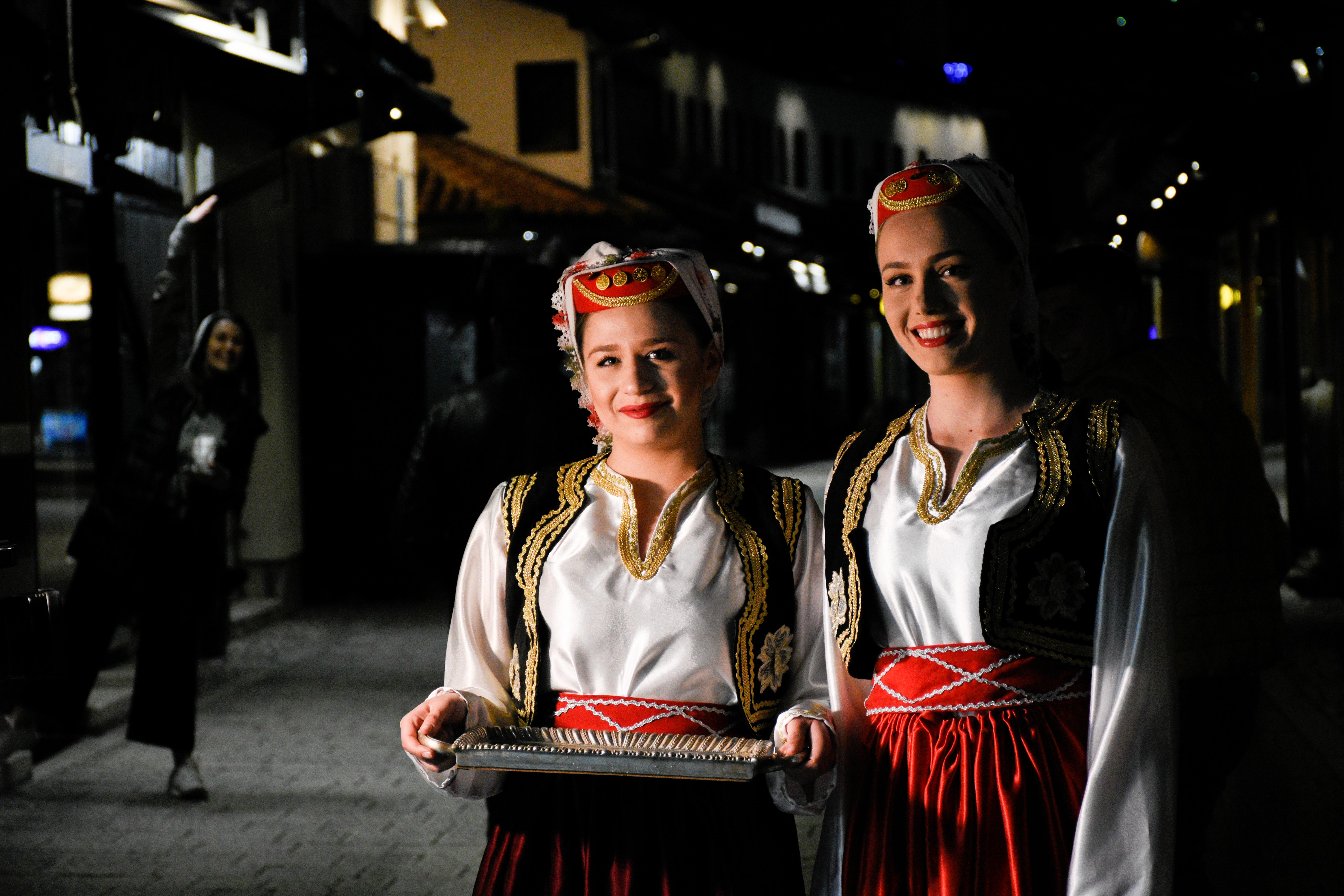
Anadolija (AA) | Anadolija (AA)
Više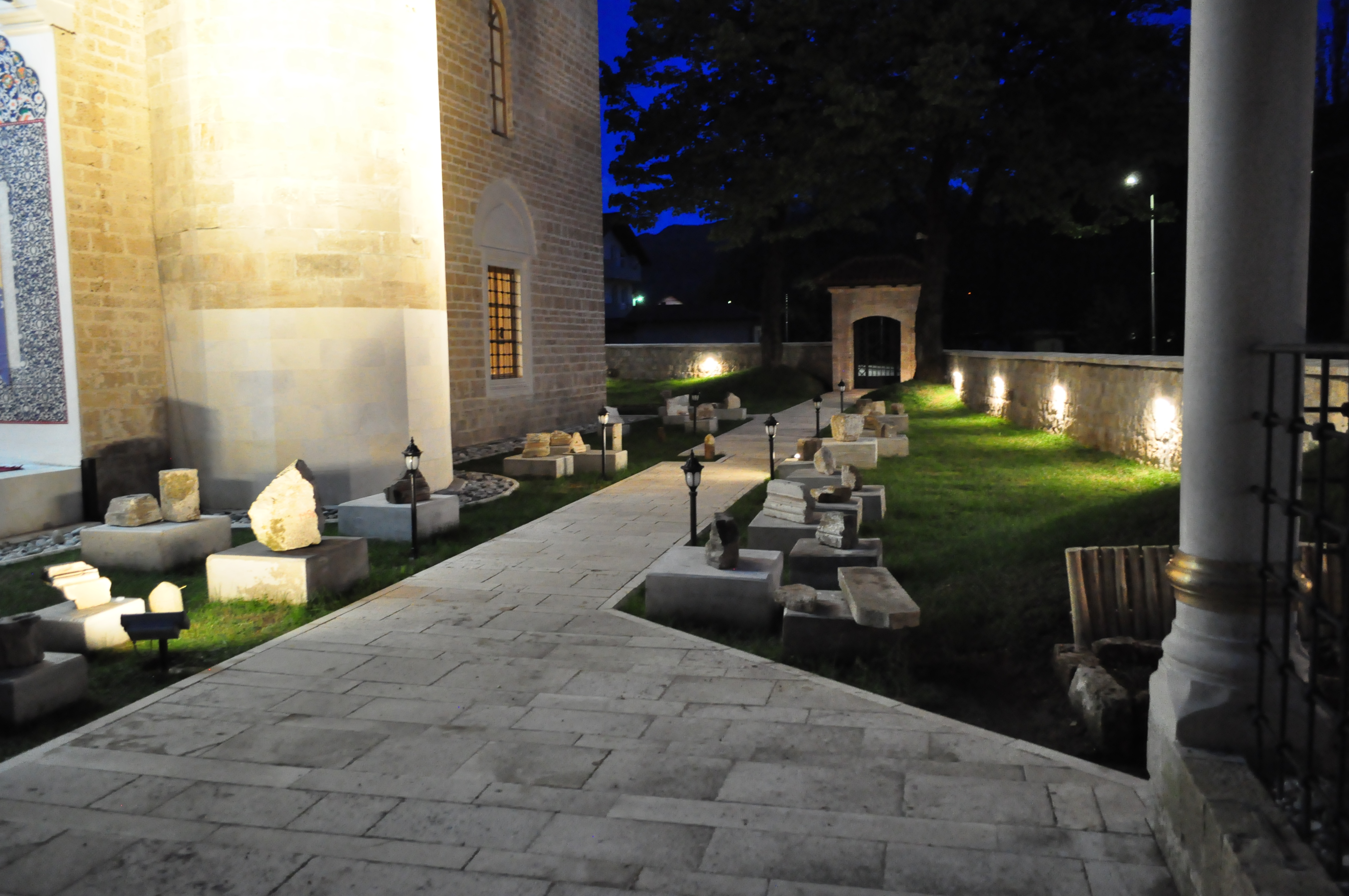
Anadolija (AA) | Anadolija (AA)
Više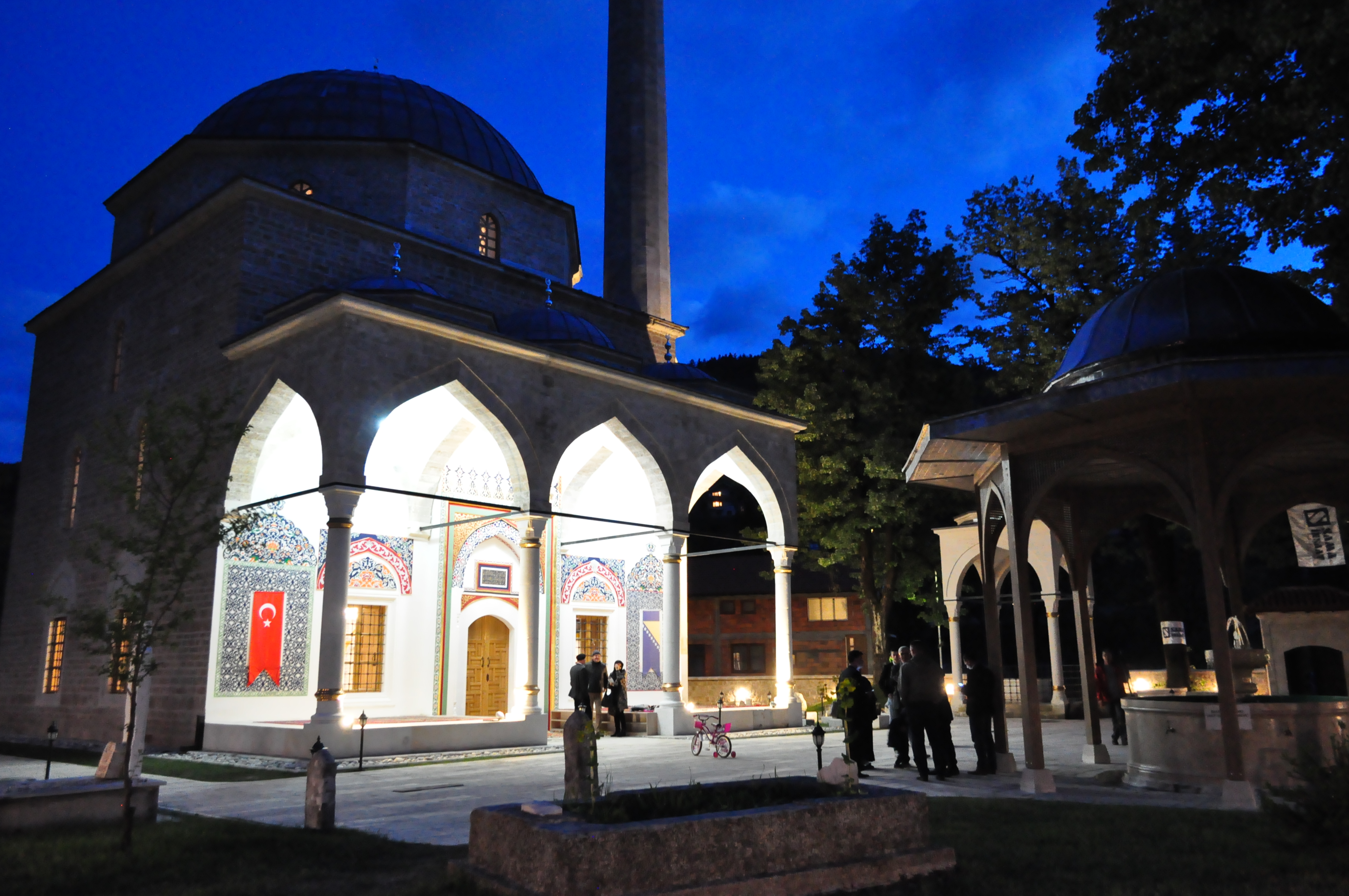
Anadolija (AA) | Anadolija (AA)
Više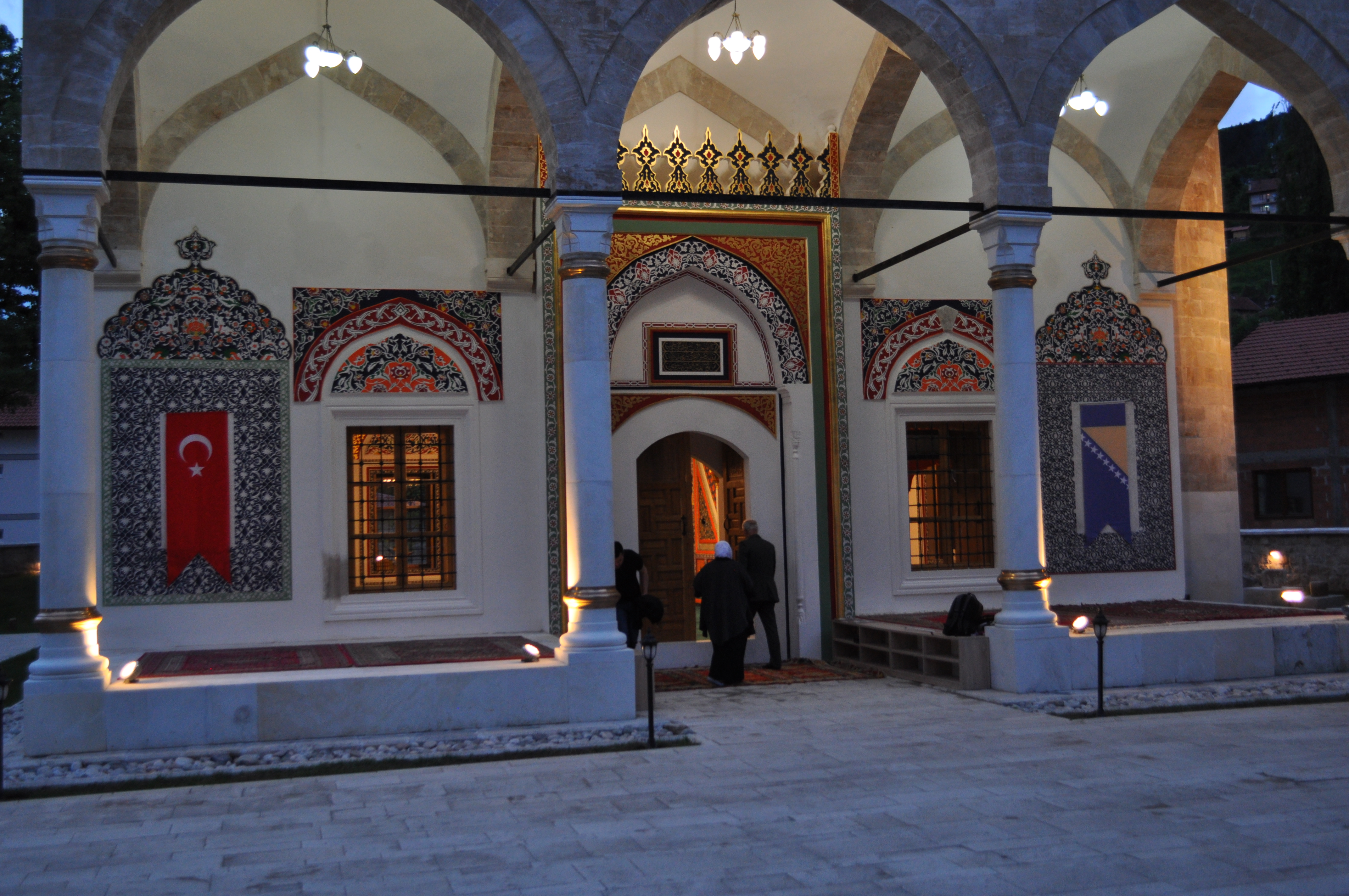
Anadolija (AA) | Anadolija (AA)
Više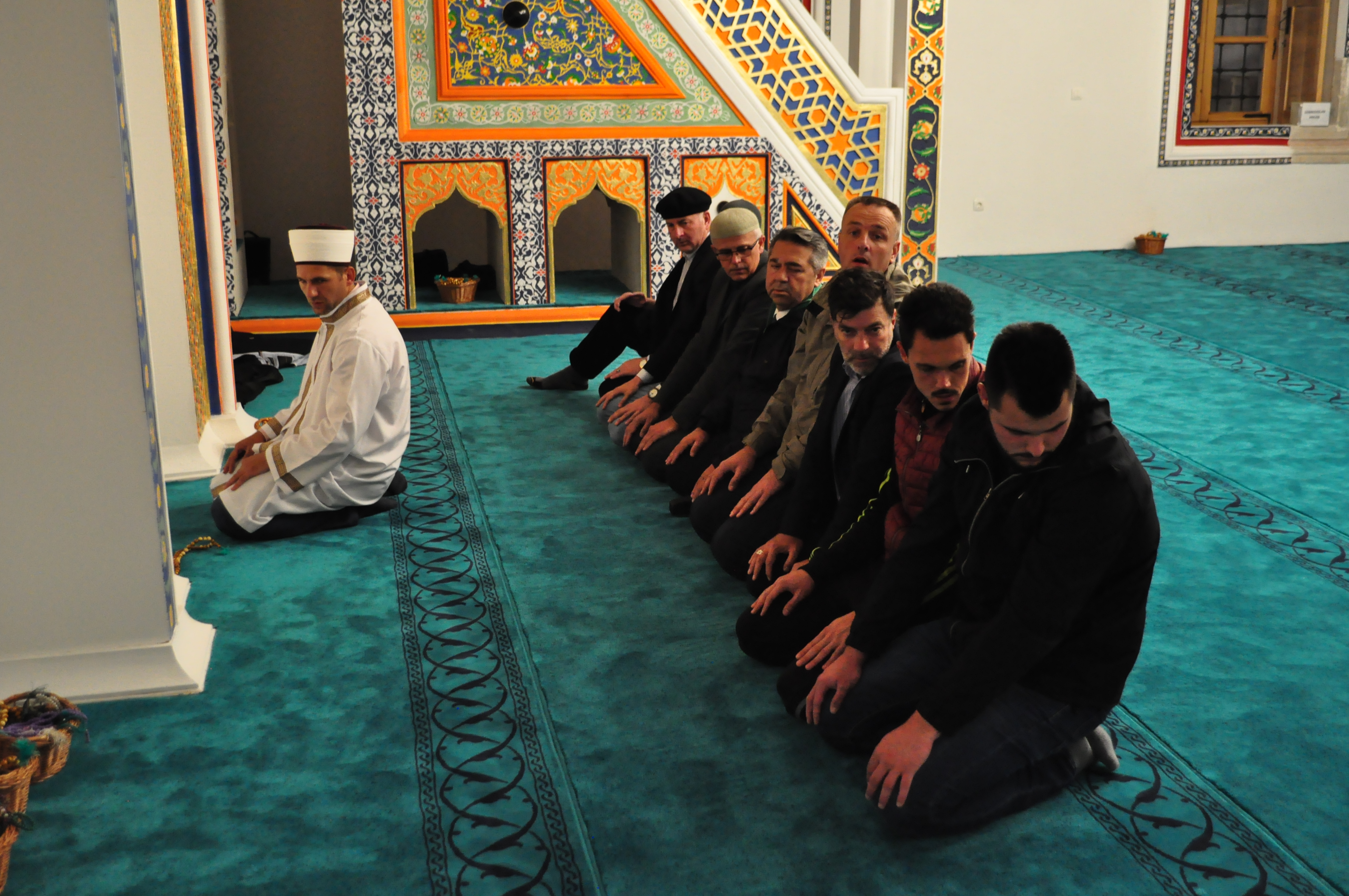
Anadolija (AA) | Anadolija (AA)
VišeBut the most prominent part of the festival is the open-air Iftar, the dinner which will take place on the Yellow Bastion every evening.
Many mosques throughout the country, including the newly reconstructed Aladza Mosque in Foca, were filled to the brim on Friday evening as the month’s first Taraweeh prayer took place.
Ramadan is, for Muslims, about patience. They will eat and drink before sunrise every day and then refrain from eating or drinking throughout the day until the sun goes down.
They will break their fast, the so-called Iftar, usually with a date and a glass of water. Throughout the month, dozens will be lining up in front of bakeries which will work intensively to produce enough ‘somun,’ or ‘lepinja,’ a type of Balkan flatbread Bosnia’s Muslims often eat for Iftar.
In Sarajevo, people traditionally eat their somun with a soup-like mix of kaymak, cheese and eggs, called ‘topa’.
But Ramadan is not only about giving up food. Muslims must also refrain from smoking or any vices, and they must remain calm in every situation.
The month will end with Ramadan Bajram (Eid al-Fitr), in early June.
Kakvo je tvoje mišljenje o ovome?
Učestvuj u diskusiji ili pročitaj komentare
Oglas
Kakvo je tvoje mišljenje o ovome?
Učestvuj u diskusiji ili pročitaj komentare
Oglas





 Srbija
Srbija
 Hrvatska
Hrvatska
 Slovenija
Slovenija










